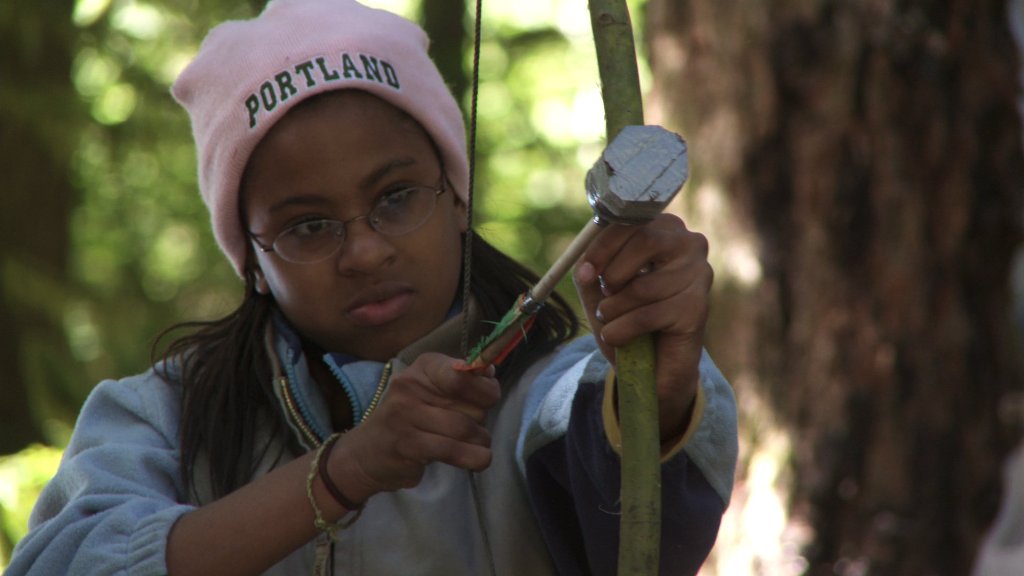Leslie Iwerks/2011/39 min/Water
Across the heartland of America, farmers and landowners are fighting to protect their land, their water, and their livihood in what has become the most controversial environmental battle in the U.S. today: The Keystone XL Pipeline. Routed from Hardity, Alberta to the Texas Gulf Coast, this tar sands pipeline is set to cross the country’s largest fresh water resource, the Ogallala Aquifer and the fragile Sandhills of Nebraska, posing devastating consequences to human health, livestock and agriculture.








